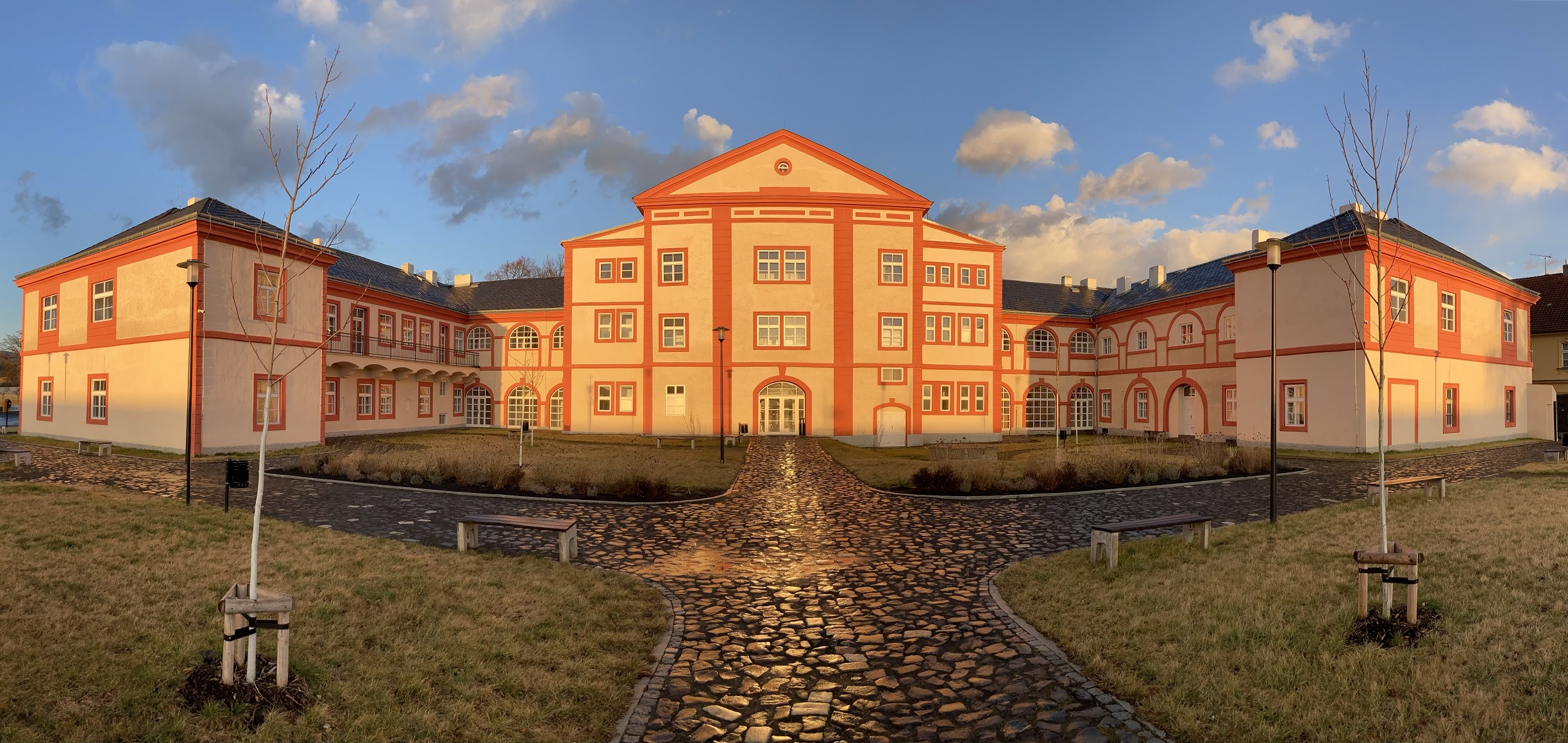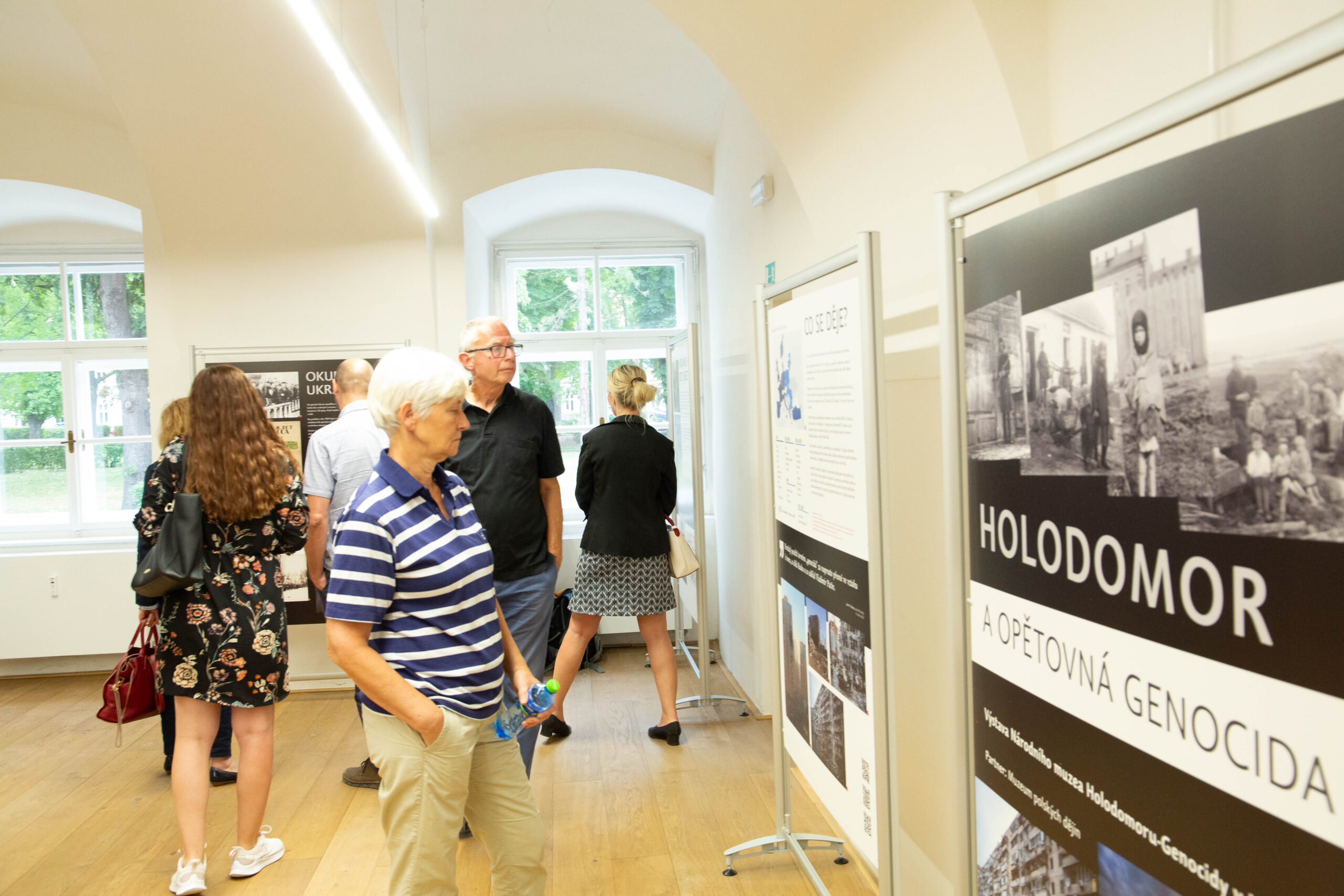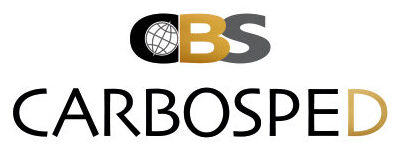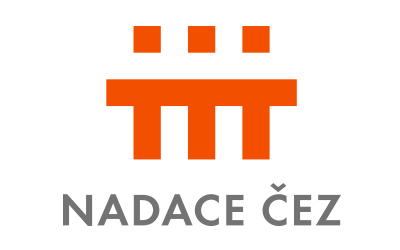About
The Theresienstadt Centre for Genocide Studies (until 2017 „Archaeology of Evil Research Centre“, hereinafter „the Centre“ or “TCGS”) is an independent, multidisciplinary and non-profit organization that seeks to promote research and teaching about the causes, origins and consequences of genocides, genocidal violence, ethnic cleansing and mass murdering in the world history.
The Centre is highly experienced in the introduction of Genocide Studies discipline in the Czech Republic. Through the organization of international conferences, pedagogic workshops, specialized seminars, public lectures and other types of disseminating activities (including media presentation), the Centre became the networking and information point in the Czech Republic for understanding of the phenomenon of genocide.
The Centre helps equip citizens with the tools to understand how, when and why genocide has occurred, and how its future occurrence can be recognized and halted through political activity.
Therefore, the task of the Centre is to educate teachers, community leaders, religious leaders, government bureaucrats, diplomats and others to be able to identify the early warning signs which can lead to genocidal violence.
The Centre is located within the historic walls of the former ghetto of Theresienstadt.
The haunting buildings of the ghetto were formed from the military complex completed during the reign of former Austro-Hungarian Emperor Franz Joseph II. A jewel of Habsburgian architecture and site at the centre of much recent Central European history, including the Holocaust, Jews and other inmates were also housed and tormented in parts of what is today the provincial city of Terezin, ca. 50 kilometres north-west of Prague.
The preparation and implementation of the Centre’s activities is covered by internationally recognized and respected experts in the field of political science, psychology, sociology, legal science, history, pedagogy, economics, archival science and journalism.
Permanent and Temporary Exhibitions

The exhibition of the Theresienstadt Centre for Genocide Studies is located in the new premises of the Wieser House (Pražská 25, Terezín).
Visitors of the Centre can experience permanent and special multi-media exhibition on different aspects of the history of genocidal violence through the ages. Following exhibitions are currently available:
- Exhibition on the Holodomor in Ukraine (exhibition of the National Museum of Holodomo-Genocide in Kyiv and Museum of Polish History)
- Exhibition on Raphael Lemkin and the Armenian Genocide (in cooperation with the Armenian Genocide Museum-Institute in Yerevan)
- 3D model of the Theresienstadt ghetto available through the virtual reality (permanent exhibition)

Cultural and sports activities
In addition to specialised pedagogic programmes, the Centre offers the general public theatrical performances, film screenings with discussions, musical performances and topical debates related to better understanding the phenomena of genocide. The annual cultural and educational festival is performed in the theatre carriage of the Lustig Train in the courtyard of the Artillery Barracks in Terezin (Akademicka 409).
A prominent activity of the Centre is the Terezin Football League Memorial. Remarkably for the ghetto´s inmates, between 1942—1944 their German overlords organized some hundreds of football matches in which adults and youth played on organised teams. This quite unique aspect of Holocaust history is commemorated in the Football League Memorial as an annual event.
Short History
Mountains of Moses
The Centre began its activities in the field of genocide studies with the organization of the academic conference „Mountains of Moses: Revolt, Resistance and Rescue of Victims of Mass Extermination in the 20th Century“.
Hosted by the Protestant Theological Faculty of the Charles University in Prague in June 2012, the conference introduced the methods and contemporary trends in genocide studies and featured academic papers given by internationally recognized experts in genocide research from United States, China, Sweden, Germany, Spain and Poland. It received considerable media attention in the Czech Republic and abroad.
The name of the conference (Mountains of Moses) referred to the revolt during the genocide of Armenians in the Ottoman Empire (according to the place where the resistance took place, the Mountain of Moses, Musa Dagh).
More information:
http://www.azatutyun.am/content/article/24628136.html
http://www.accc.org.uk/musa-dagh-theme-of-conference-on-genocide-studies-in-czech-republic/
Lustig Train
Art, employing a variety of media, form an important pedagogic component of Genocide Studies. Between 2012—2016, the Archaeology of Evil assisted the Nine Gates Festival with the Lustig Train, the critically acclaimed, mobile staging of Arnost Lustig´s “A Prayer for Katerina Horovitzova”. More than 20,000 Czechs, Poles and Slovaks saw this unique work of pedagogic art. The special train called „Lustig Train“ docked at the main stations of all the 14 regional capitals in the Czech Republic, five cities in Poland (Krakow, Auschwitz, Lodz, Warsaw and Lublin) and 6 cities in Slovakia.
The Centre conducted the education program which was focused on specific cases of genocidal violence (Armenian genocide, the Holocaust, Rwandan genocide) and different aspects of genocidal behavior (legal, psychological and religious).
Teaching Activities
Among the other activities, the Centre organized lectures at Czech universities (Prague and Brno), in the Parliament of the Czech Republic, special teaching program for history teachers and three film festivals regarding historical genocides for elementary schools and wide public.
In 2015, the Centre initiated the university course “Genocide Studies and Massive Violence” – the first of its kind at Charles University, the Czech Republic and in Central and Eastern Europe. It was a unique and flexible course available to both undergraduate students and MA candidates from a variety of disciplines, including history, political science, religious studies, theology, cultural anthropology, sociology, philosophy or law. Students have obtained knowledge about the causes and motivations for genocide and some of the most important cases of genocide and massive violence which have impacted the world today. The course has been taught by international scholars from 4 countries, including Sweden, Austria, Armenia and the Czech Republic.
More information:
Course lectures available at YouTube channel „Genocide Studies“
Interactive interview with Paul A. Levine in Czech TV (available in English)
http://www.mfa.am/en/press-releases/item/2015/04/09/discussion_prague/
http://www.vaclavhavel-library.org/en/index/calendar/781/the-genocide-of-armenians-during-wwi
http://www.ceskenoviny.cz/zpravy/czech-press-survey-april-16/1205232
Video from the Czech Parliament, October 2012
Contacts
Office:
The Theresienstadt Centre for Genocide Studies
Wieser’s House
Pražská 25
411 55 Theresienstadt (Terezín)
Czech Republic
Contact person:
Mgr. Simon Krbec, Managing Director
email: simon.krbec@studiagenocid.cz
gsm: + 420 773 937 864














